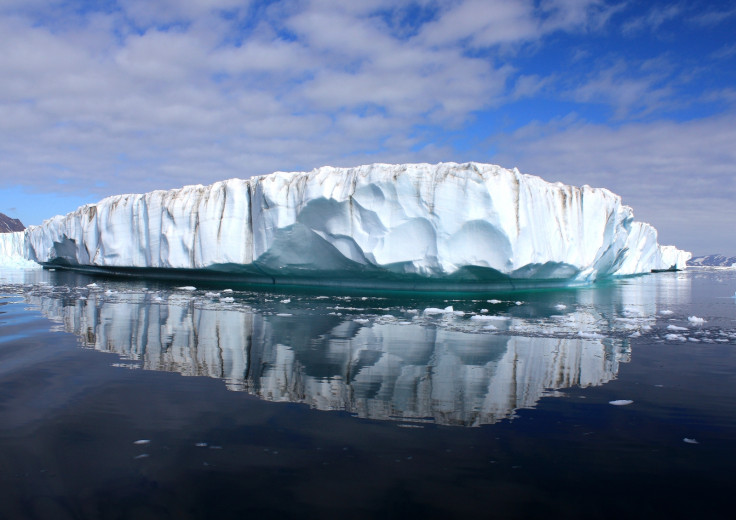Dramatic ice sheet collapse 135,000 years ago triggered massive climate change and sea level peak

The collapse of an ice sheet 135,000 years ago led to widespread climate change and caused sea levels to rise several metres above current levels.
An international team of researchers looked at the events that ended the ice age before last and found they were very different to those that happened during the last one (about 20,000 to 10,000 years ago).
The scientists, publishing their findings in the journal Nature, found evidence of a dramatic ice sheet collapse that resulted in widespread climate changes across the globe.
At the end of ice ages, continental ice sheets, the ocean and the atmosphere change rapidly. Currently our understanding of ice ages relies very much on what happened during the most recent.
Study leader Gianluca Marino, from the Australian National University, said: "We knew the sea level had overshot its present levels during the last interglacial period, but did not know why. Now we for the first time can explain the processes that caused the sea levels to exceed the present levels.
"Ice-age cycles may superficially look similar to one another, but there are important differences in the relationships between melting of continental ice sheets and global climate changes."
Scientists compared fluctuations at the end of the ice age 135,000 years ago and found patterns were different to the more recent. They used cave records and marine sediments from the Mediterranean to reconstruct changes in all critical climate parameters.

Findings showed a cold episode coincided with a major deglacial meltwater pulse that entered the North Atlantic Ocean. This pulse accounted for around 70% of the sea level rise, leading authors to conclude that the relationship between climate and ice volume changes "differed fundamentally" between the last two ice ages.
During the most recent ice age, the northern hemisphere ice sheet collapse did not coincide with climate change, resulting in far less warming in Antarctica.
Study co-author Eelco Rohling said: "We have compared the fluctuations at the end of an earlier ice age, and we found that the patterns were different.
"At the end of the older ice age, 135,000 years ago, we found that a dramatic collapse of the Northern Hemisphere ice sheets into the North Atlantic Ocean suppressed the ocean circulation and caused cooling in the North Atlantic.
"North Atlantic cooling was counterbalanced by Southern Ocean warming that then destabilised Antarctic land ice, causing a continuation of melting that eventually drove sea level rise to several meters above the present."
© Copyright IBTimes 2025. All rights reserved.






















